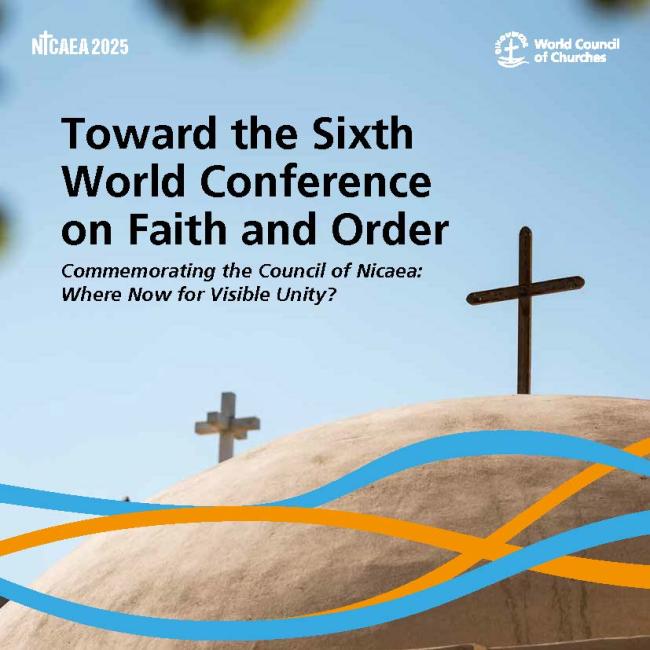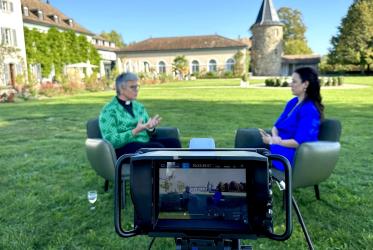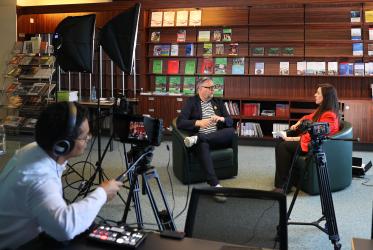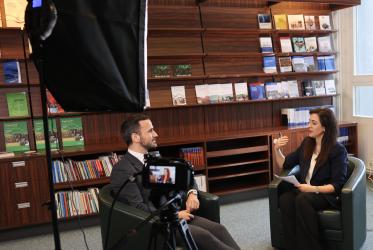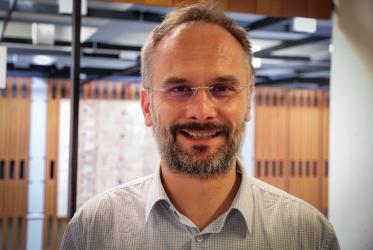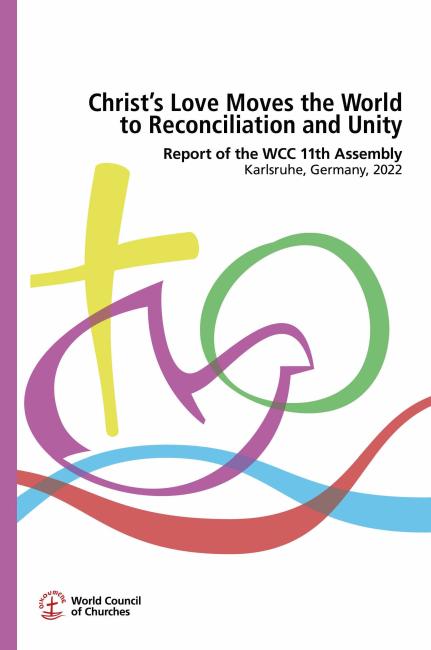Displaying 1 - 20 of 118
Toward the Sixth World Conference on Faith and Order
Commemorating the Council of Nicaea: Where Now for Visible Unity?
24 February 2024
What can churches do to prevent modern slavery?
22 February 2024
Ellyanne Chlystun-Githae Wanjiku to COP28: “listen more to children”
13 December 2023
ACT Alliance general secretary: “equity is not negotiable”
26 September 2023



